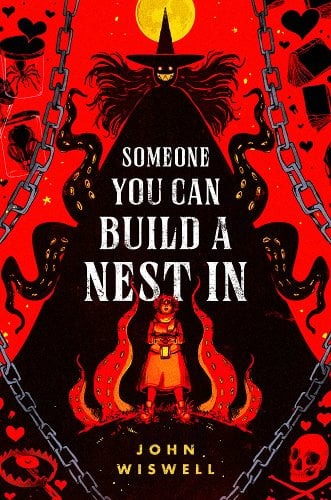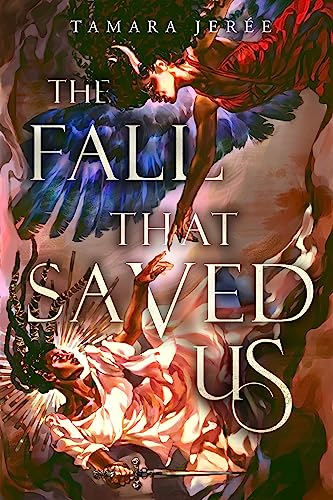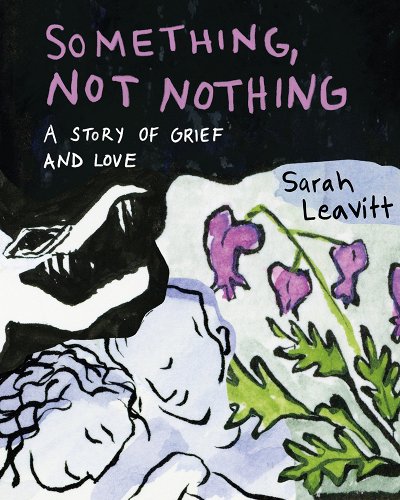When Cassie was in elementary school, she made friends with Ben, a ballet dancer who seemed unrestrained by gender norms. They quickly became inseparable, and in the world they created together at the creek, Cassie began to face her own queerness—until they were caught by judgmental classmates, and Cassie betrayed Ben. He left for anotherRead More
An Endearingly Gory Monster Love story: Someone You Can Build a Nest In by John Wiswell
Someone You Can Build a Nest In by John Wiswell is a gory monster love story about what it means to love someone and be loved. Shesheshen, Wiswell’s main character, is a shape-shifting monster who lives in a decrepit manor near a small town. The town both hates and fears her, but Shesheshen isn’t worried whatRead More
This Queer Horror Book Will Haunt You: Model Home by Rivers Solomon
This was my first Rivers Solomon book, and from the first page, I understood why I’d heard such good things about them. Here are the opening lines: “Maybe my mother is God, and that’s why nothing I do pleases her. Maybe my mother is God, and that’s why even though she’s never once saved me,Read More
A Succubus, a Fallen Angel, and a Forbidden Romance: The Fall That Saved Us by Tamara Jerée
While I am usually pretty ambivalent about book covers, every once and a while a book will come along with such a beautiful cover that I can’t help but add it to my to-read list. One such book is Tamara Jerée’s The Fall That Saved Us. Once I read the summary, though, it went from just beingRead More
A Fresh, Queer Take on Crime Fiction: Behind You by Catherine Hernandez
Amazon Affiliate Link In her new novel, Catherine Hernandez weaves gripping suspense and affecting emotion into a story of trauma, survival, and healing against the backdrop of one of Canada’s most terrifying historical events. Behind You (HarperAvenue 2024) follows Alma, a Filipina woman working as an editor for a true crime series called Infamous, which features sketchesRead More
A Paranormal Romance Novella with Teeth: A Wolf Steps in Blood by Tamara Jerée
Buy this from Bookshop.org to support local bookstores and the Lesbrary! “We are the figures of each other’s fairytales made flesh.” – A Wolf Steps in Blood, page 22 Last October, I reviewed Tamara Jerée’s debut novel, The Fall That Saved Us, a romance between a former demon hunter and a succubus. As that was a favoriteRead More
Memoir of a Queer Coast Salish Punk: Red Paint by Sasha taqʷšəblu LaPointe
Buy this from Bookshop.org to support local bookstores and the Lesbrary! “I no longer wish to be called resilient. Call me reckless, impatient, and emotional. Even Indigenous. Call my anything other than survivor. I am so many more things than brave.” One of my favourite books I’ve read this year is Thunder Song, LaPointe’s newestRead More
A Celebration of Sapphic Love & Loss: Something, Not Nothing by Sarah Leavitt
Buy this from Bookshop.org to support local bookstores and the Lesbrary! Something, Not Nothing (September 24, 2024) is a stunning graphic memoir by cartoonist and educator Sarah Leavitt (she/her). In April 2020, Leavitt’s partner of twenty-two years, Donimo, died with medical assistance after years battling chronic pain. After Donimo’s death, Leavitt turned her immense grief and lossRead More
Healing Through Fake Dating: Cover Story by Rachel Lacey
Buy this from Bookshop.org to support local bookstores and the Lesbrary! Natalie Keane is one of Hollywood’s top leading ladies. Unfortunately, with fame comes unwanted attention, sometimes in the form of crazed fans turned stalkers. With award season approaching as the man who held her hostage gets released from prison, Natalie agrees to extra security.Read More
A Memoir of Medical Bias—Bless the Blood: A Cancer Memoir by Walela Nehanda
Buy this from Bookshop.org to support local bookstores and the Lesbrary! Bless The Blood: A Cancer Memoir is a striking book that gets under your skin and stays there for days afterward. Though billed as a YA book, the writing and story hold a depth of feeling and insight that will engage far older readers, too.Read More








